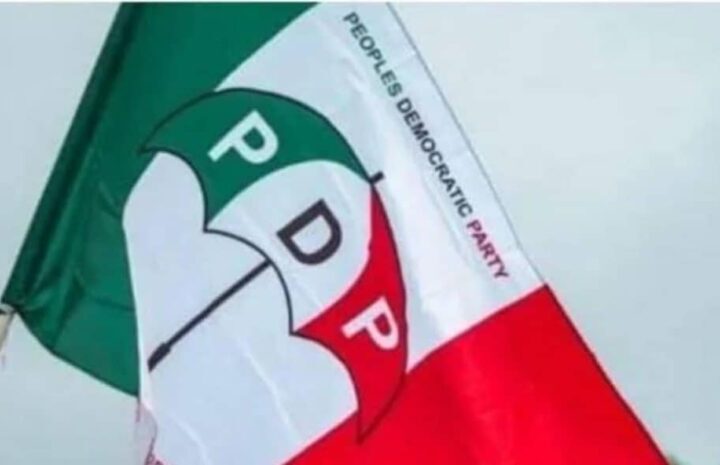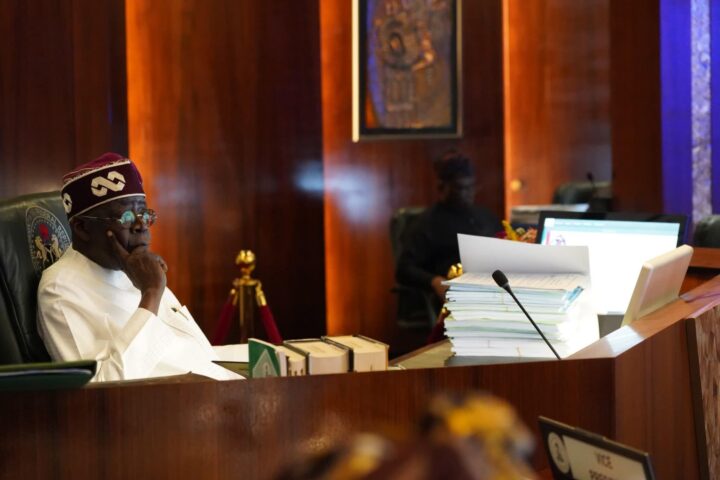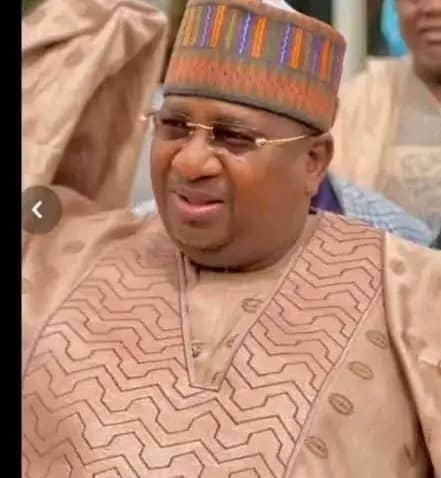The Nigerian Electricity Regulatory Commission (NERC) has said that state governments can not fix electricity tariffs in the country.
It maintained that since states have no jurisdiction over the national grid, they have no power to deviate from the tariff set for the energy supply from the grid.
The Commission expressed this in a Public Notice on the “Application of Multiple Tariff Regimes in Nigerian Electricity Supply Industry.”
The Commission, through the public reacted to the controversy over the Enugu Electricity Regulatory Commission (EERC) reduction of tariff for the Band A customers in its franchise areas from N209 per kWh to N160/kWh.
It said: “As States do not have jurisdiction over the national grid and over electric power stations established under federal laws/operating under licences issued by the Commission; they must holistically incorporate the wholesale costs of grid supply to their states without any qualification or deviation in their design of tariffs for end-use customers in order not to distort the dynamics of the market or be prepared to make a policy intervention by way a subsidy for any deviation in the tariff structure that distorts the wholesale generation, transmission and legacy financing costs in Nigerian Electeicity Supply Industry.”
According to the Commission,its attention has been drawn to the increasing stakeholders’ concerns on the Tariff Order (Order No. EERC/2025/003) by the Enugu State Electricity Regulatory Commission (“EERC”) to its Licensee Manpower Electricity Distribution Limited (“MEDL”) that relies exclusively on electricity supply (generation and transmission) from the national grid.
It said NESI stakeholders have expressed concern about the consequences of the reduction of tariffs for Band A customers in MEDL’s network area to NGN160.4 per kWh and the freezing of tariffs of customers in the other bands on the wholesale generation and transmission costs along with the financing costs for legacy obligations in NESI.
It added: “Section 34(1) of the EA places a statutory obligation on the Commission to “create, promote and preserve efficient electricity industry and market structures, and ensure the optimal utilization of resources for the provision of electricity” and we are also aware that EERC as a sub-national electricity regulator also has a similar statutory obligation in their enabling law; and neither NERC nor EERC as responsible regulatory institutions would take decisions that expose the national grid and wholesale electricity market to a financial crisis in contravention of express powers granted to them by the Constitution.
“All stakeholders are advised to note that the Commission is currently engaging EERC on their tariff order as it relates to any perceived area of misinterpretation/misunderstanding on wholesale generation and transmission costs on their import of power from the national grid and grants further assurances of its unwavering statutory commitment that the electricity market will be made whole in terms of cost recovery in compliance with the laws of the Federal Republic of Nigeria.”

















